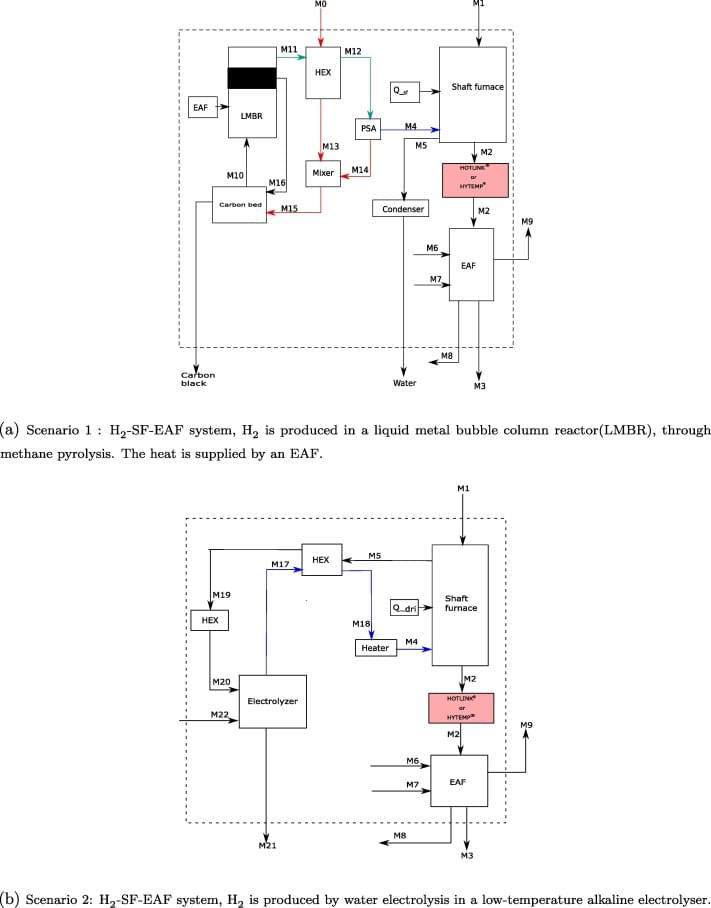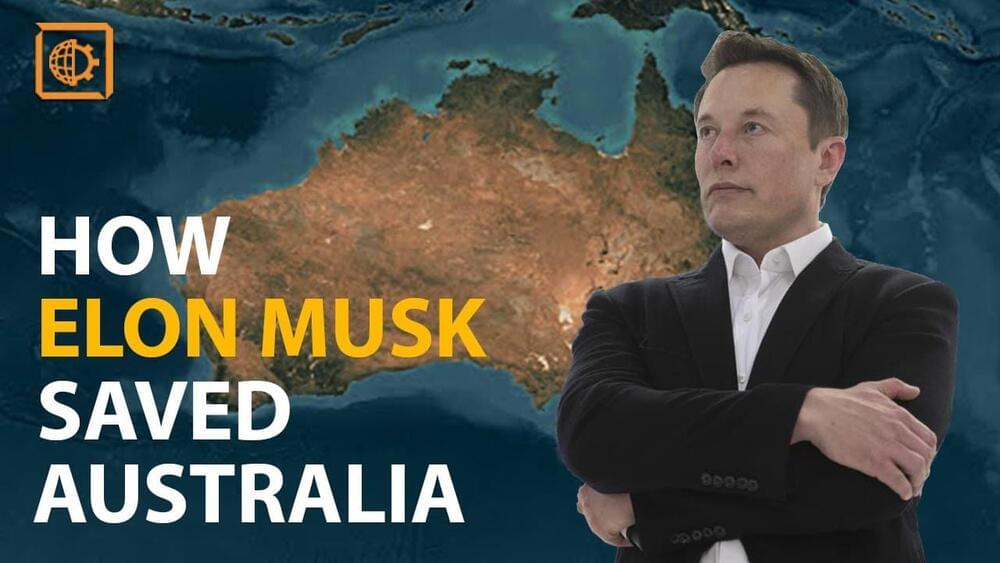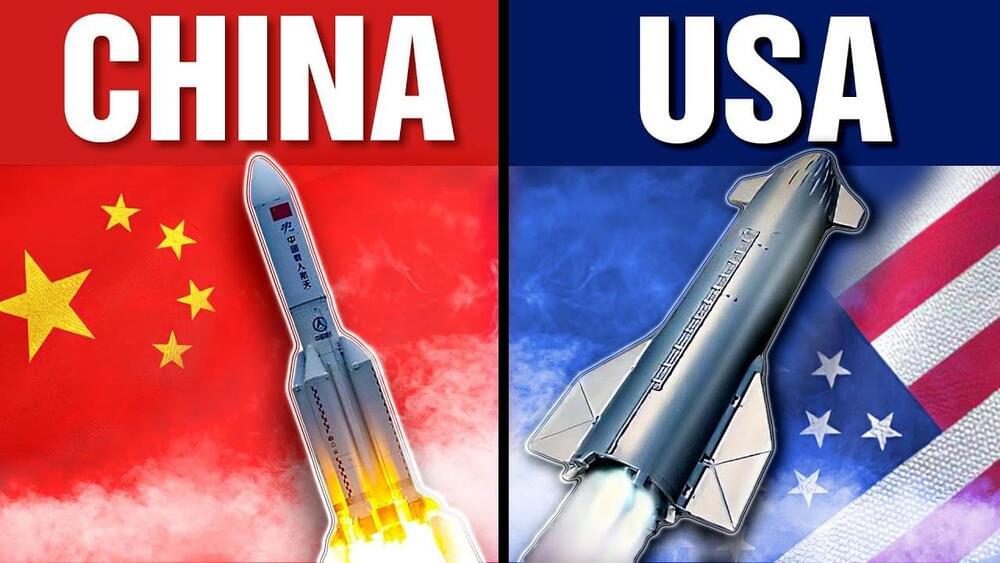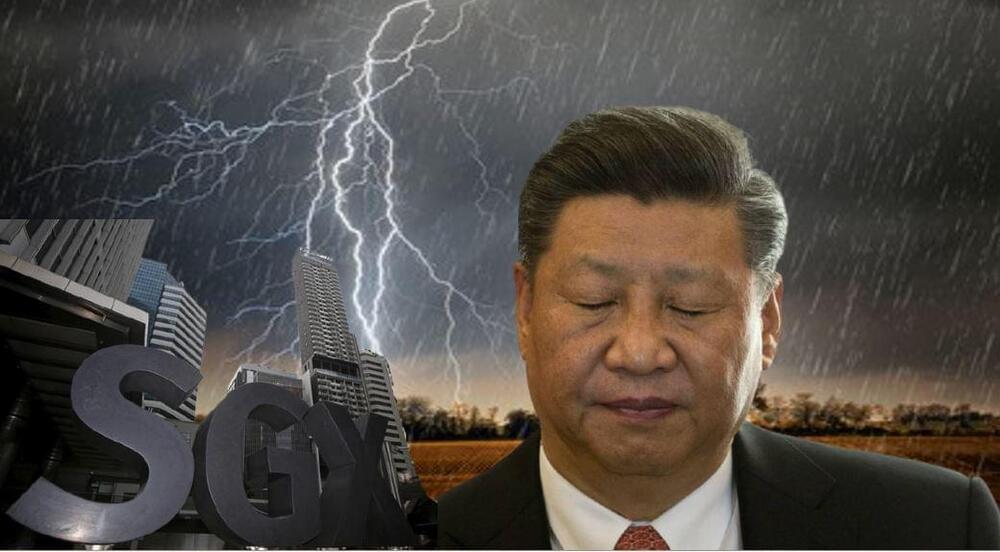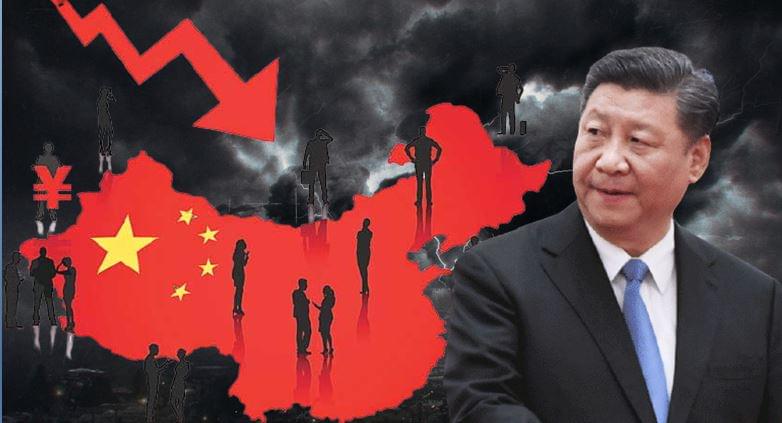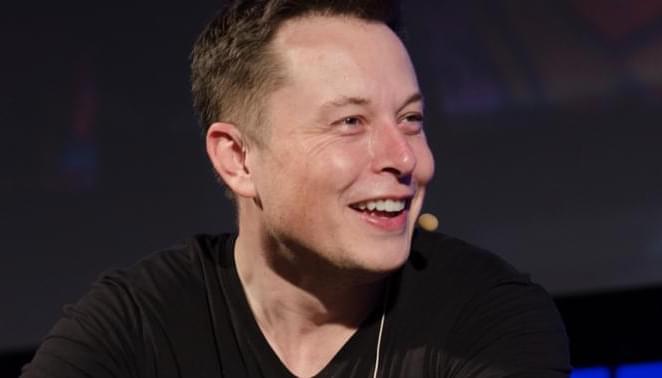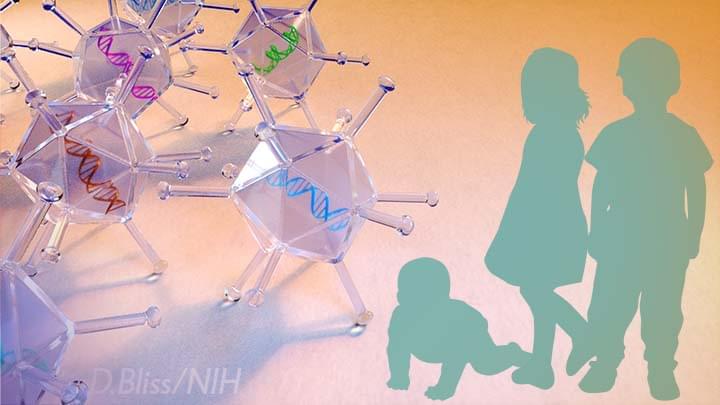Circa 2021
Decarbonisation of the iron and steel industry would require the use of innovative low-carbon production technologies. Use of 100% hydrogen in a shaft furnace (SF) to reduce iron ore has the potential to reduce emissions from iron and steel production significantly. In this work, results from the techno-economic assessment of a H2-SF connected to an electric arc furnace(EAF) for steel production are presented under two scenarios. In the first scenario H2 is produced from molten metal methane pyrolysis in an electrically heated liquid metal bubble column reactor. Grid connected low-temperature alkaline electrolyser was considered for H2 production in the second scenario. In both cases, 59.25 kgH2 was required for the production of one ton of liquid steel (tls). The specific energy consumption (SEC) for the methane pyrolysis based system was found to be 5.16 MWh/tls. The system used 1.51 MWh/tls of electricity, and required 263 kg/tls of methane, corresponding to an energy consumption of 3.65 MWh/tls. The water electrolysis based system consumed 3.96 MWh/tls of electricity, at an electrolyser efficiency of 50 KWh/kgH 2. Both systems have direct emissions of 129.4 kgCO2/tls. The indirect emissions are dependent on the source of natural gas, pellet making process and the grid-emission factor. Indirect emissions for the electrolysis based system could be negligible, if the electricity is generated from renewable energy sources. The levellized cost of production(LCOP) was found to be $631, and $669 respectively at a discount rate of 8%, for a plant-life of 20 years. The LCOP of a natural gas reforming based direct reduction steelmaking plant of operating under similar conditions was found to be $414. Uncertainty analysis was conducted for the NPV and IRR values.
